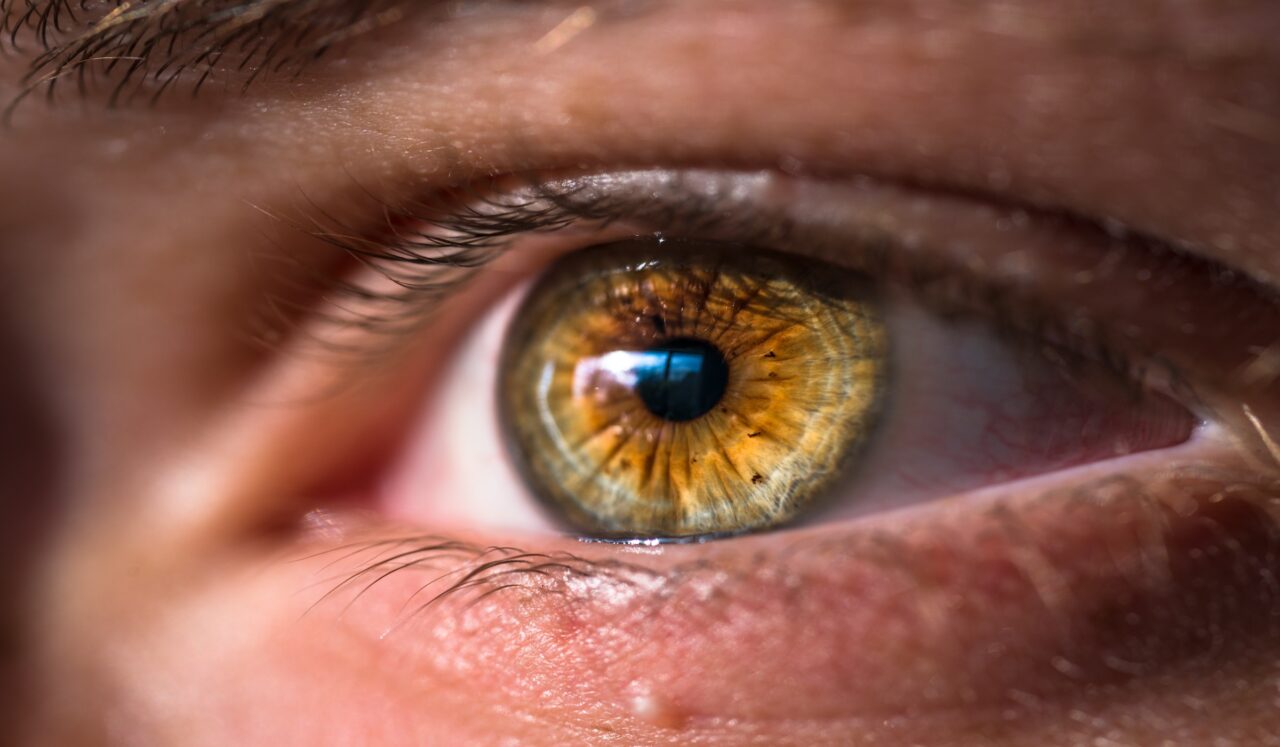Clicking on this link suggests that you’re about taking care or at the moment caring for a cataract patient and you are wondering how next you can go about doing that effectively without burning out and making mistakes.
Cataract is one of those health conditions that leave your loved ones in need of caregiving or in-home care. Cataracts are a common eye condition that affects millions of people worldwide.
Depending on the severity of the condition, the level of care individuals with cataracts may need can vary. In the early stages of cataracts, many individuals can manage their daily activities independently with minimal assistance. However, as cataracts progress and vision impairment worsens, some individuals may require additional support and caregiving.
If you loved one or patient is at that level where external care is necessary, you have to understand the rudiments of caring for a cataract patient. Having this understanding helps you know how best to provide optimal care for a cataract patient.
This will guide you through essential tips and guidelines to ensure the well-being and comfort of your loved one or patient with cataracts. From recognizing symptoms to managing daily activities and promoting overall eye health, we will cover the key aspects of caring for a cataract patient.
Is Caregiving Important For A Cataract Patient?
Caregiving is often considered for patients with severe health conditions such as Parkinson’s and Alzheimer’s. However, when cataracts get to the ugly side, caregiving becomes important for such patients.
Also, if the condition is not yet severe, there are other reasons why a cataract patient might need some kind of external care at the moment. Here are a few scenarios where caregiving may be necessary for individuals with cataracts:
#1. Assistance with daily tasks
As cataracts affect vision, individuals may find it challenging to perform certain activities, such as cooking, cleaning, managing medications, or navigating their environment safely. Caregivers can provide assistance with these tasks, ensuring the person’s safety and well-being.
#2. Transportation support
Cataracts can affect a person’s ability to drive safely, especially during nighttime or in challenging lighting conditions. Caregivers can help by providing transportation to medical appointments, social engagements, and running errands.
#3. Emotional support
Coping with vision loss due to cataracts can be emotionally challenging. Caregivers can offer emotional support by providing a listening ear, offering reassurance, and helping the individual navigate the emotional impact of their condition.
#4. Managing appointments and treatment
Caregivers can assist in scheduling and accompanying the individual to eye doctor appointments, ensuring they receive appropriate treatment and follow-up care.
#5. Safety monitoring
Cataracts can increase the risk of falls and accidents which is one of the Signs Your Loved One May Need A Helping Hand.
Caregivers can help create a safe living environment by identifying potential hazards, making necessary modifications, and providing supervision to minimize the risk of accidents.
Tips For Caring for a Cataract Patient
Now you know why cataract patients need care, here are some tips to help you care for them as you should.
#1. Understand Cataracts
Cataracts refer to the clouding of the lens in the eye, leading to impaired vision. They can develop due to various factors, including age, genetics, exposure to UV radiation, and certain medical conditions such as diabetes.
It causes symptoms like blurry or hazy vision, sensitivity to light, difficulty seeing at night, and reduced color perception. It is important to recognize these signs to seek early treatment and provide appropriate care.
#2. Encourage Regular Eye Exams
Routine eye examinations are essential for cataract patients. Encourage your loved one or patient to visit an ophthalmologist regularly to monitor the progression of the condition. Regular eye exams will ensure timely interventions and adjustments in their treatment plan, helping to maintain the best possible vision.
The eye care professional will assess the cataracts’ severity, prescribe corrective lenses if necessary, and recommend surgical intervention if the cataracts significantly impact the patient’s daily life.
#3. Promote a Healthy Lifestyle
Maintaining a healthy lifestyle is beneficial for overall eye health, including cataract management. Encourage the cataract patient to eat a balanced diet rich in antioxidants, vitamins, and minerals. Foods such as leafy green vegetables, fruits, and fish can support eye health.
Additionally, quitting smoking and limiting alcohol consumption can also contribute to better eye health. Regular exercise and managing chronic health conditions like diabetes and hypertension can reduce the risk of cataract progression.
#4. Provide Adequate Lighting
Proper lighting is crucial for individuals with cataracts. Ensure that the living space is well-lit, especially in areas where the patient spends most of their time. Consider using brighter light bulbs and add task lighting where necessary. Minimize glare by using curtains or blinds to control sunlight during the day.
Adequate lighting can enhance visibility and reduce the strain on the patient’s eyes. Additionally, avoiding dark areas and using nightlights can help the patient navigate their environment safely at night.
#5. Assistive Devices and Vision Aids
Using assistive devices and visual aids can significantly improve a cataract patient’s quality of life. Encourage the use of magnifying lenses, large-print books, and devices with adjustable font sizes. Provide them with appropriate vision aids such as eyeglasses or contact lenses prescribed by their eye care professional.
These aids can enhance their visual capabilities and help them perform daily activities with greater ease. In cases where cataracts significantly impair vision, the eye care professional may recommend surgery to remove cataracts and improve the patient’s vision.
#6. Promote Safety and Fall Prevention
Cataracts can increase the risk of falls and accidents. Ensure the living environment is safe and free from potential hazards. Remove loose rugs, install handrails in stairways, and use non-slip mats in the bathroom to prevent slips and falls.
Keep walkways clutter-free and well-lit to minimize the risk of accidents. Regularly reassess the safety measures in place as the patient’s visual impairment may change over time. Consider utilizing assistive devices such as canes or walkers if necessary.
#7. Offer Emotional Support
Living with cataracts can be challenging for patients both physically and emotionally. Offer your support and understanding. Listen to their concerns and provide reassurance. Encourage them to engage in activities they enjoy, such as hobbies and socializing, to maintain their overall well-being.
If necessary, help them find support groups or counseling services to cope with the emotional aspects of living with cataracts. Being empathetic and patient with their needs and frustrations can go a long way in helping them adapt to the changes in their vision.
Caring for a cataract patient requires a combination of practical measures, proactive eye care, and emotional support. By understanding the nature of cataracts, you can significantly improve the patient’s quality of life by caring for them adequately.
We also recommend eye exams and consultation with eye care professionals as they are crucial for managing cataracts effectively. With your care and support, cataract patients can maintain their independence, engage in daily activities, and enjoy a fulfilling life.
Also, keep in mind that the level of caregiving required will vary from person to person. Some individuals may only need intermittent support, while others may require more consistent assistance.
We hope you found this guide helpful.
If on the other hand, you find this care process daunting, you can reach out to us on our website @ Good Hands home care agency. We offer quality care services and personalized client care plans for people living with cataracts with professionalism and efficiency.





